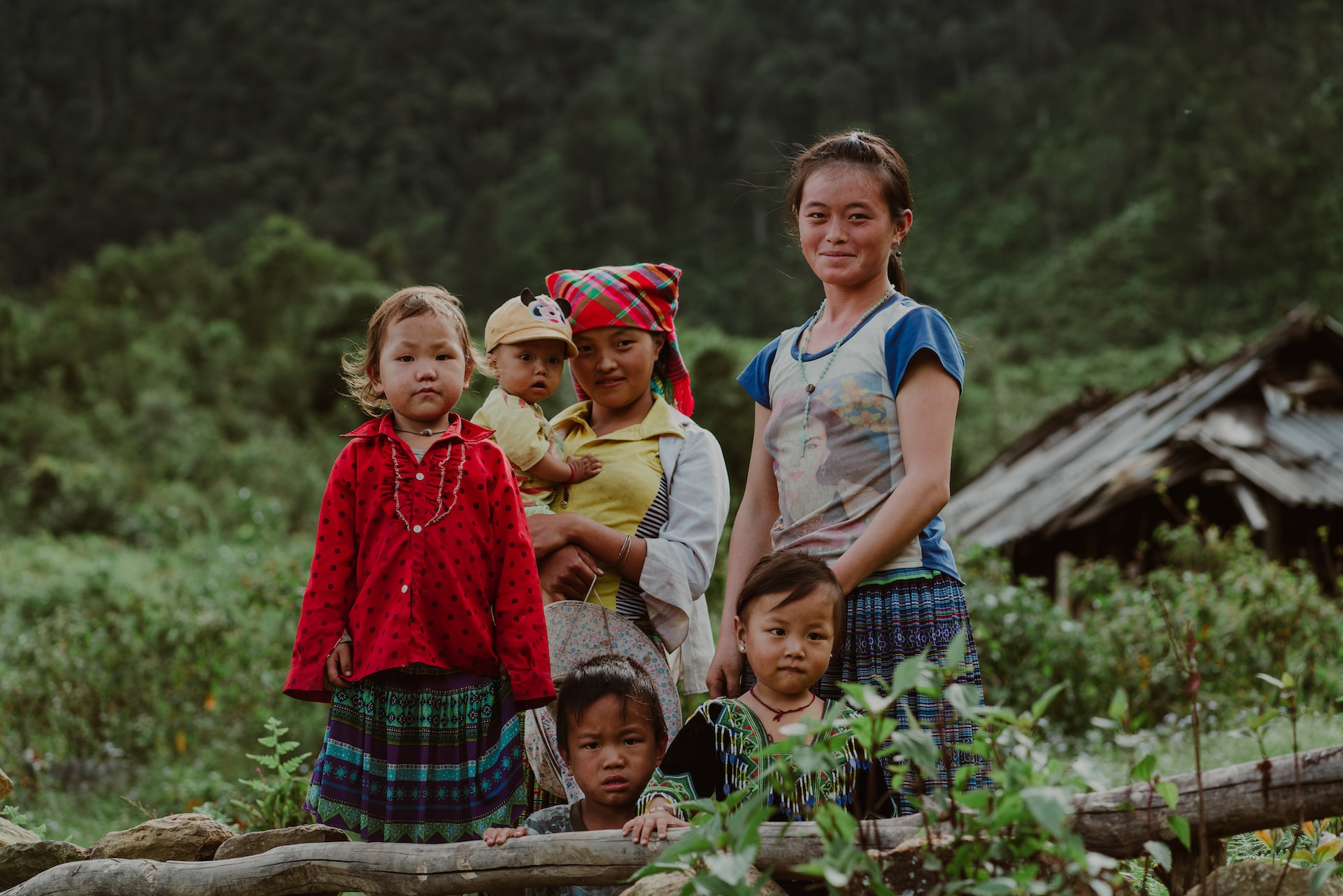Empowerment of Asian Women and Girls
The Sustainable Development Goals (SDGs) represent a global commitment to foster inclusivity while addressing a wide range of pressing global challenges. Among these goals, gender equality and the empowerment of women and girls hold a prominent place. Although these goals are globally recognized and supported, not all nations adhere to them, particularly some nations that continue to resist efforts to educate girls.
This resistance directly undermines the empowerment and human rights of girls and women, worsening gender disparities and hindering progress towards global sustainable development.
Recognizing gender equality and the rights of women and girls is imperative. In nations where women are denied access to education, the economic and social consequences are profound. Education is not only a fundamental human right but also a catalyst for economic growth and social progress. Denying women this opportunity robs them of their potential and instigates a cycle of inequality. It limits their ability to participate in the workforce, make informed decisions about their lives, and contribute to the betterment of their communities and nations.
How might we better guarantee positive benefits for women? What holds back educational and employment practices? What will give Asian women greater encouragement to be innovative and entrepreneurial? These questions form the crux of one of the sessions at the upcoming Horasis Asia Meeting, scheduled to take place in Binh Duong, Vietnam between 3-4 December 2023. The gathering will bring together 300 CEOs, entrepreneurs, and prominent government representatives from Southeast Asia and beyond. The primary focus of this meeting is to delve into key trends set to influence Vietnam’s economic advancement, steering it towards an exciting new chapter of global growth.
Guaranteeing Positive Benefits
Ensuring positive benefits for women involves a multi-faceted approach, addressing various aspects of their lives – from education and economic empowerment to healthcare and representation.
Women should be allowed equal access to quality education at all levels, ensuring they get to participate equally in the workforce and achieve economic independence. This can be achieved through policies that promote equal pay, affordable childcare and support for female entrepreneurs.
Affordable and comprehensive healthcare is another area that needs urgent attention. Majority of women are missing out on essential healthcare screenings. A 2021 survey of 127,000 people, including 66,000 women and girls 15 and older conducted across 122 countries and territories, revealed that “about 60 percent of female respondents — representing more than 1.5 billion women worldwide — said they weren’t tested in the last year for cancer, high blood pressure, diabetes, or sexually transmitted diseases or infections, and only 12 percent said they were tested for any type of cancer.”
Securing access to affordable and comprehensive healthcare, including reproductive and maternal health services, is crucial to a woman’s well-being. Governments should implement and enforce policies that are gender-responsive, thus addressing the unique needs and challenges faced by women such as workplace discrimination, gender-based violence and inadequate access to financial and educational services.
Giving Asian Women Greater Encouragement
Encouraging Asian women to be innovative and entrepreneurial involves addressing a range of social, cultural, economic and educational factors. Asian women can be empowered to pursue entrepreneurial ventures and contribute to innovation, economic growth and social progress in the region. It’s essential to create an environment where their ideas and talents are recognized, valued, and given the opportunity to flourish.
We are witness to several female entrepreneurs who are bringing a wealth of difference to societies in Asia. Topics related to female hygiene have always been considered taboo in most Asian societies, as is the case in Thailand. At the age of 30, Pattiya Thanasrivanitchai launched “Happi Cup” in Thailand, an online business focused on promoting women’s wellbeing through the advocacy and sale of eco-friendly menstrual cups via the Lazada platform. Other than being manufactured locally, Pattiya regularly shares content on Happi Cup’s social media channels, educating consumers and helping develop a supportive community for open discussions on women’s health.
Efforts to promote inclusivity and gender equality must continue on a global scale. International organizations, civil society and women’s rights advocates must find ways to collaborate with governments, rallying for policy changes and fostering a global environment where the empowerment of girls and women takes centerstage.
The global community’s commitment to the SDGs underscores the importance of ensuring that no one is left behind, and this includes working toward the universal education and empowerment of women, regardless of geographic or political boundaries.
Photo Caption: A family of girls in rural Vietnam.



